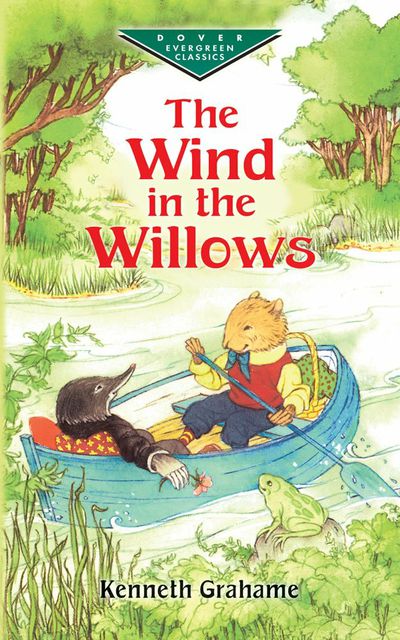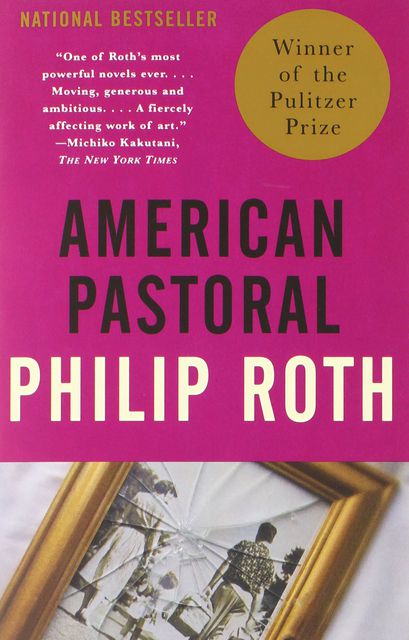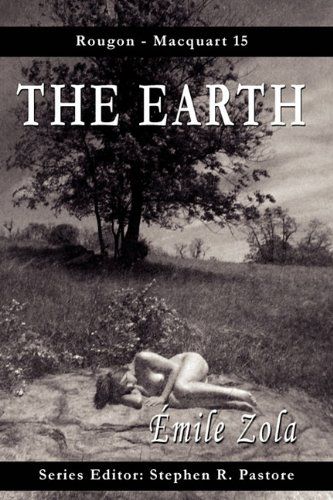
Garbage (band)
Garbage is an alternative rock band formed in Madison, Wisconsin, in 1993. The group consists of Scottish musician Shirley Manson and American musicians Duke Erikson, Steve Marker, and Butch Vig.

Garbage is an alternative rock band formed in Madison, Wisconsin, in 1993. The group consists of Scottish musician Shirley Manson and American musicians Duke Erikson, Steve Marker, and Butch Vig.

From Twitter
The Wind in the Willows is a children's novel by Kenneth Grahame, first published in 1908. Alternately slow moving and fast paced, it focuses on four anthropomorphised animals in a pastoral version of England. The novel is notable for its mixture of mysticism, adventure, morality, and camaraderie and celebrated for its evocation of the nature of the Thames valley. Generations of children have roamed the English countryside in the company of Rat, Mole, Toad, and Badger, the immortal animal pals of The Wind in the Willows. From summertime picnics along the river's edge to cozy parlor firesides on crisp winter nights, the tales evoke a timeless atmosphere of friendship amid the natural world.

From Twitter
American Pastoral is a Philip Roth novel published in 1997 concerning Seymour "Swede" Levov, a successful Jewish American businessman and former high school star athlete from Newark, New Jersey. Levov's happy and conventional upper middle class life is ruined by the domestic social and political turmoil of the 1960s during the presidency of Lyndon B. Johnson, which in the novel is described as a manifestation of the "indigenous American berserk." The novel won the Pulitzer Prize in 1998 and was included in Time's "All-TIME 100 Greatest Novels." The film rights to it were later optioned by Paramount Pictures. In 2006, it was one of the runners-up in the "What is the Greatest Work of American Fiction in the Last 25 Years?" contest held by the New York Times Book Review.

From Twitter
La Terre describes the steady disintegration of a family of agricultural workers in Second Empire France, in the years immediately before the outbreak of the Franco-Prussian War of 1870. It offers a vivid description of the hardships and brutality of rural life in the late nineteenth century. Zola's classic story of an old man who, forced to divide his property among his children, is cruelly harassed by them for what little else remains. The theme, as simple yet as complex as the earth itself, hums with the intrigue of subplots carefully dovetailed into the narrative and constantly arrests the reader with fascinating insights into the motivations of the characters. Zola's novel is one of the most graphically violent and, to a lesser extent, sexually explicit novels of the nineteenth century, and caused considerable controversy at the time of its publication. In it, Zola's efforts to expose the unpleasant underside of his contemporary society reached its apogee; none of the other Rougon-Macquart novels features such sensational material. The publication of an English translation of La Terre in 1888 led to the prosecution for obscenity of the publisher, Henry Vizetelly.